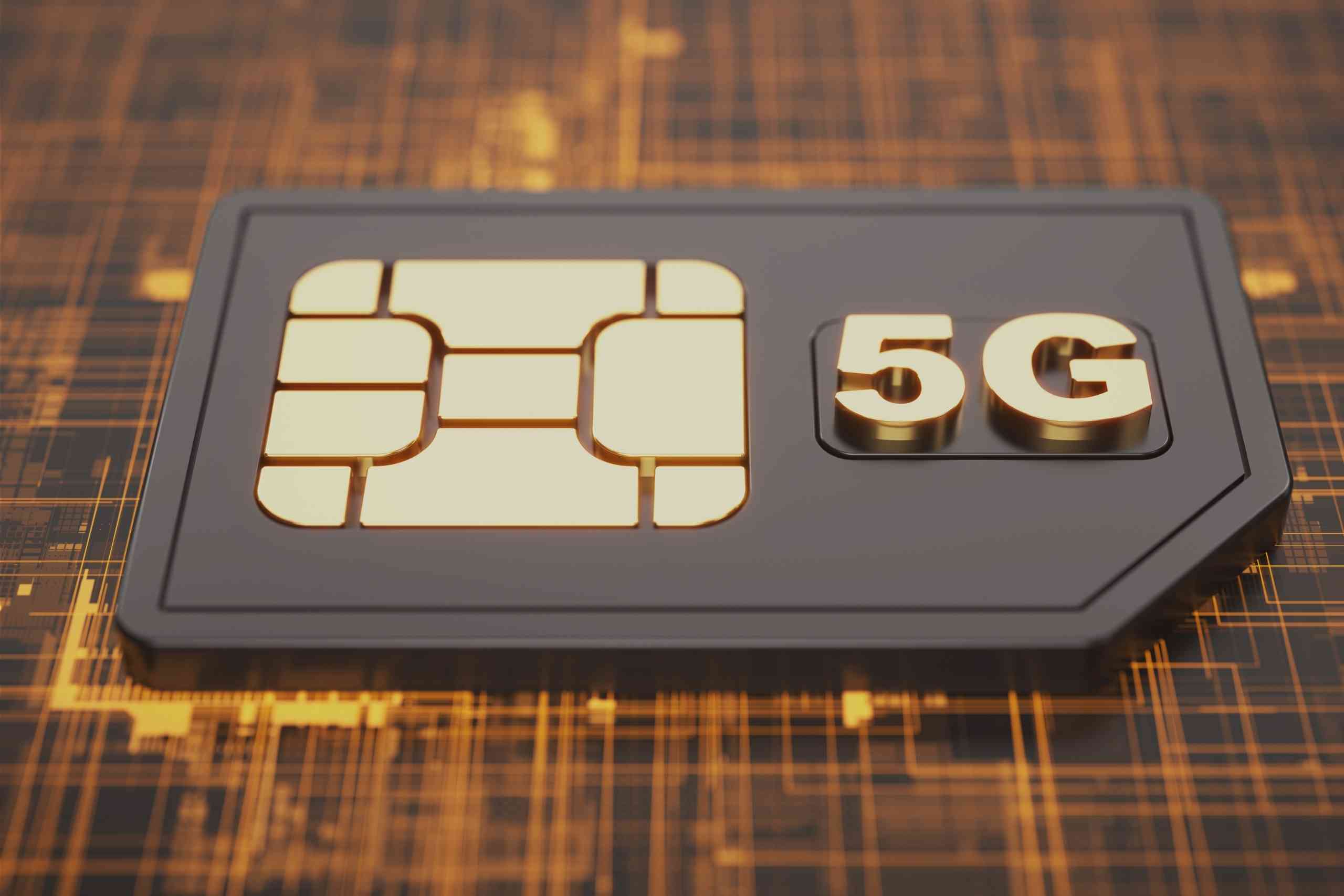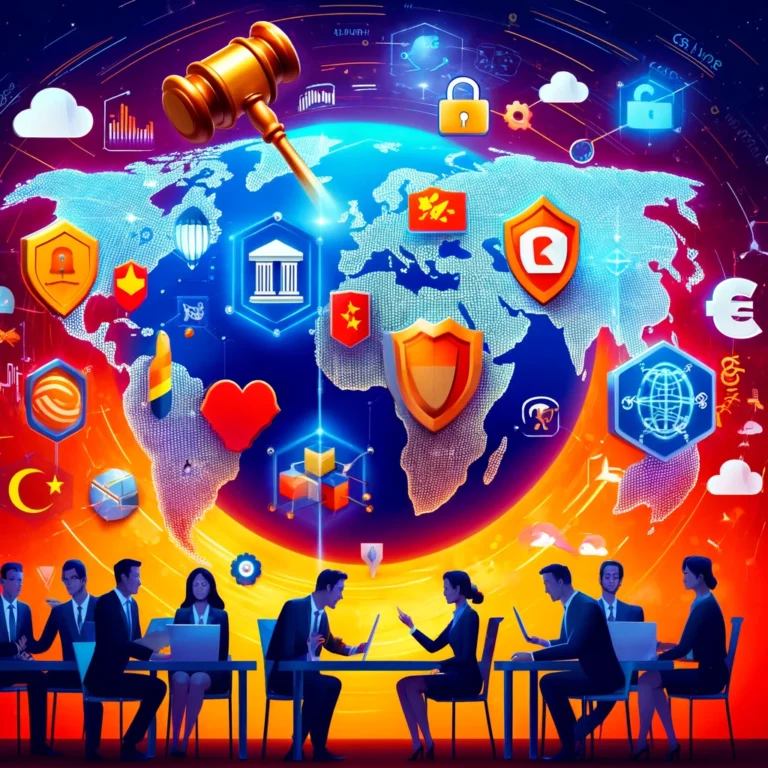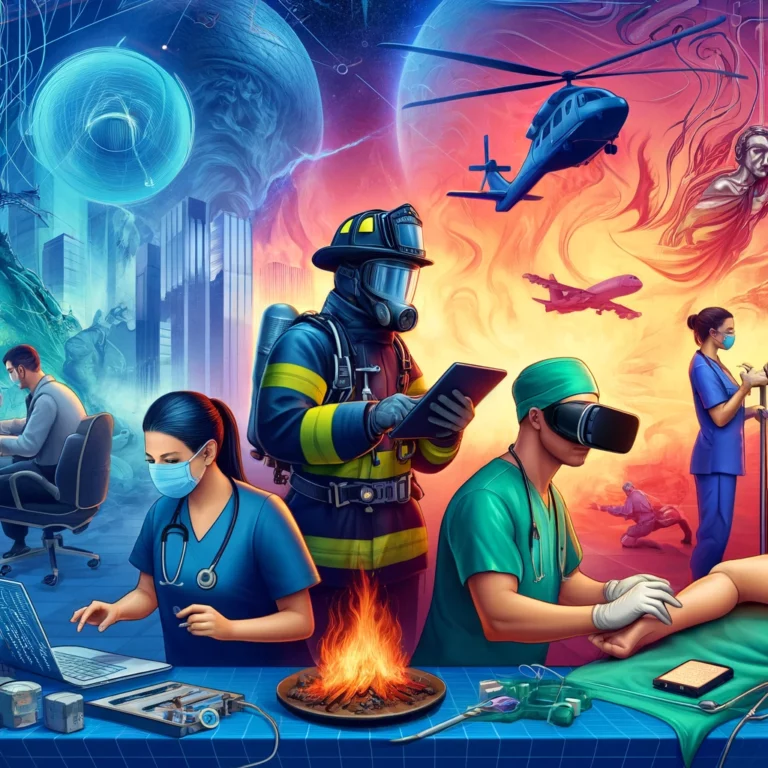The Impact of 5G on Business: How the Latest Wireless Technology is Changing the Game
5G technology revolutionizes businesses by enabling faster data transfer and improved connectivity. It enhances efficiency, innovation, and customer experiences.
5G offers unprecedented speed and reliability, transforming various industries. Businesses can leverage this technology for real-time data analytics, IoT connectivity, and remote operations. Enhanced mobile experiences and augmented reality applications become more feasible, driving customer engagement. Companies can streamline operations, reduce latency, and improve productivity.
The healthcare sector benefits through telemedicine and remote monitoring. Manufacturing industries utilize smart factories and automated processes. Retailers enhance customer experiences with personalized services. 5G fosters innovation, creating new business models and opportunities. Embracing this technology is crucial for companies aiming to stay competitive in the evolving digital landscape.
Introduction To 5g Technology
5G is the fifth generation of wireless technology. It promises faster speeds and better connectivity. Businesses can benefit greatly from 5G. This technology uses higher frequency bands. These bands can carry more data than 4G. More devices can connect to the internet at the same time. This means fewer delays and disruptions.
5G offers increased speed and lower latency. It supports a higher number of devices. Enhanced security features protect data better. Network slicing allows for customized connectivity. Energy efficiency helps extend battery life for devices. These features make 5G ideal for businesses.
Enhanced Connectivity
5G technology offers faster speeds than previous networks. This means quicker downloads and smoother streaming. Businesses can now transfer large files in seconds. This helps in boosting productivity.
5G has lower latency, which means less delay. This is crucial for real-time applications like video conferencing. Virtual reality and augmented reality also benefit. Businesses can offer better customer experiences.
Transforming Industries
5G technology is revolutionizing healthcare. Doctors can now perform surgeries remotely. This is possible with real-time communication. Patients benefit from faster diagnostics. Medical data can be shared instantly. This improves the quality of patient care.
5G networks enhance manufacturing processes. Machines can communicate seamlessly. This reduces downtime and increases productivity. Factories become more efficient. Robots work faster and smarter. This leads to higher-quality products.
Boosting Remote Work
5G technology enhances communication for remote work. It offers faster internet speeds. Employees can video call with no lag. Files transfer quickly and securely. This keeps the team connected and productive.
Teams can collaborate effortlessly with 5G. Shared documents update in real-time. Project management tools perform efficiently. Workers can access resources instantly from anywhere. This boosts productivity and teamwork.
Challenges And Concerns
Businesses face significant challenges and concerns with the adoption of 5G technology. Potential cybersecurity risks and high implementation costs pose substantial obstacles.
Infrastructure Costs
Building a 5G network is very expensive. Businesses need to invest a lot in new equipment. This includes towers, antennas, and other hardware. Small businesses might find these costs too high. They may not be able to compete with larger companies. Also, upgrading old systems can be difficult. Some areas may not get 5G for a long time. This can create a gap between urban and rural areas.
Security Risks
5G technology can have security risks. Hackers might find new ways to attack systems. Businesses need to be very careful. They have to protect their data and networks. Using 5G might mean updating security measures. This can be costly and time-consuming. Strong security policies are essential. Training employees on security risks is also important. A small mistake can lead to big problems.
Future Prospects
5G technology revolutionizes business operations by enhancing connectivity and enabling faster data transfer. Businesses experience increased efficiency and innovation, driving growth and competitiveness.
Upcoming Trends
5G technology is transforming the business world. Faster internet speeds are allowing businesses to operate more efficiently. Remote work is becoming more common due to reliable connections. IoT devices can communicate more effectively, leading to smarter workplaces.
Augmented Reality (AR) and Virtual Reality (VR) are becoming mainstream. Customer experiences are enhanced through immersive technologies. Supply chains are becoming more streamlined and transparent with 5G.
Long-term Implications
Businesses will need to adapt to the new 5G environment. Data security and privacy will be major concerns. New business models will emerge, driven by 5G capabilities.
Automation will increase, leading to potential job shifts. Industries like healthcare and manufacturing will see significant changes. Global connectivity will improve, making international operations smoother.
Conclusion
The impact of 5G on business is transformative. Faster speeds and lower latency boost efficiency. Companies can innovate like never before. Enhanced connectivity opens new markets and opportunities. Embracing 5G technology ensures businesses stay competitive. The future of business operations is brighter with 5G leading the way.







